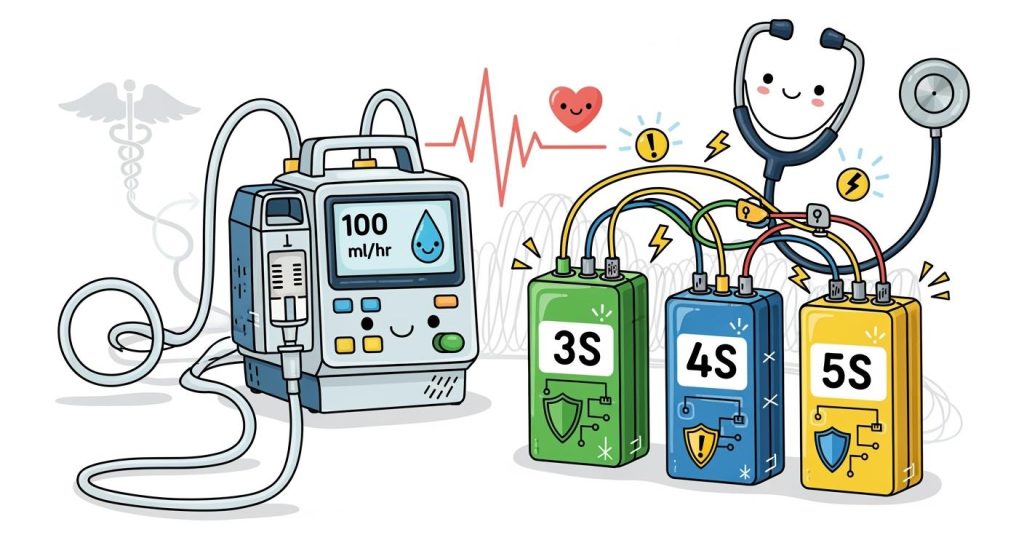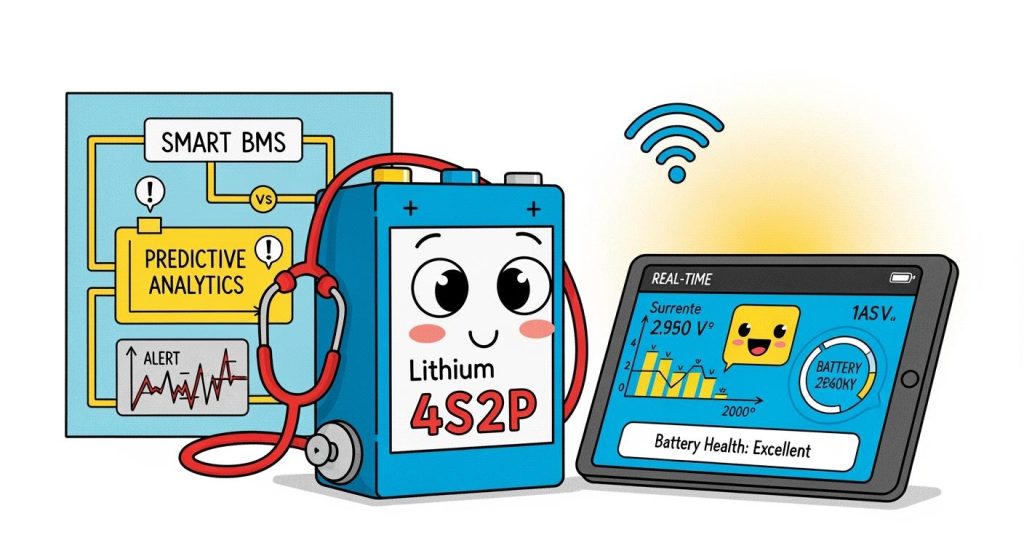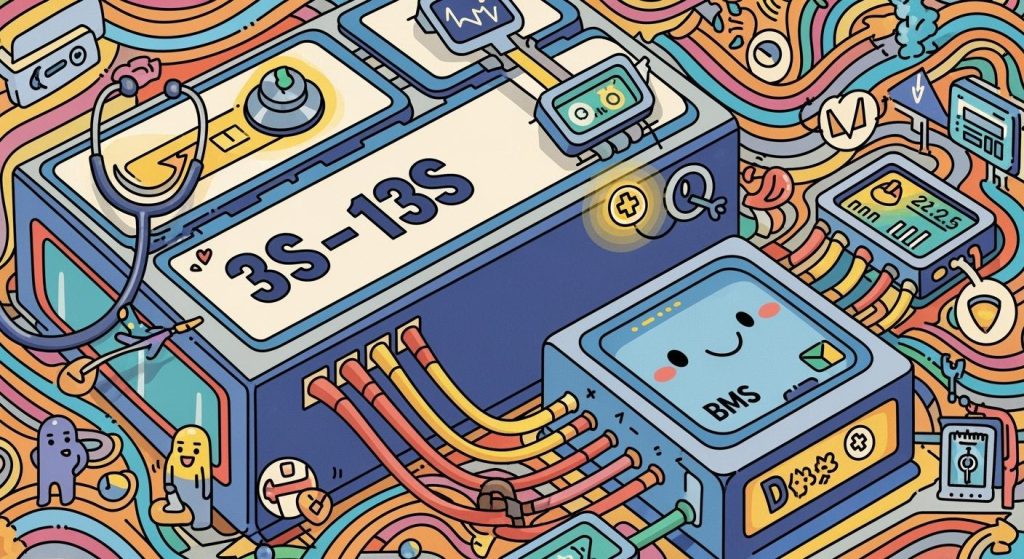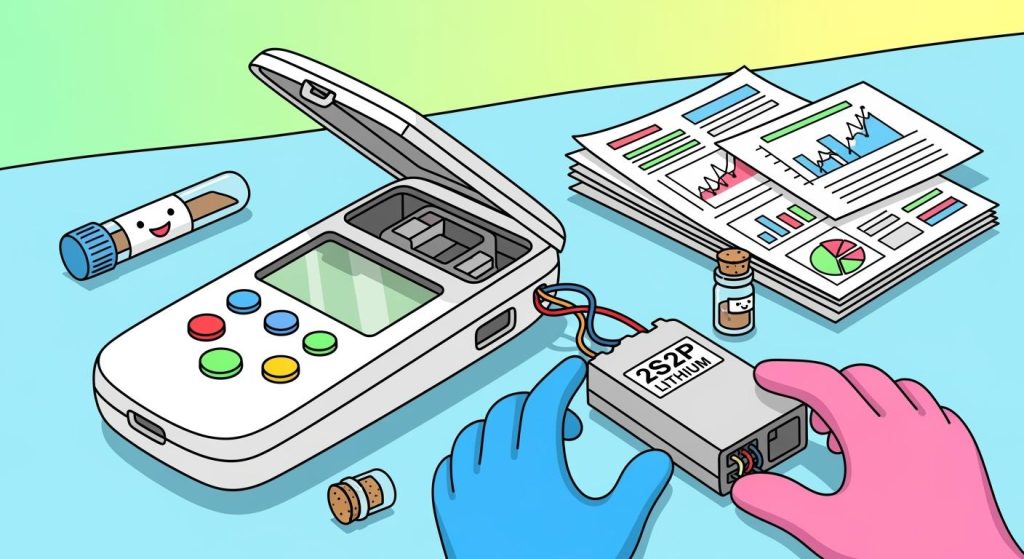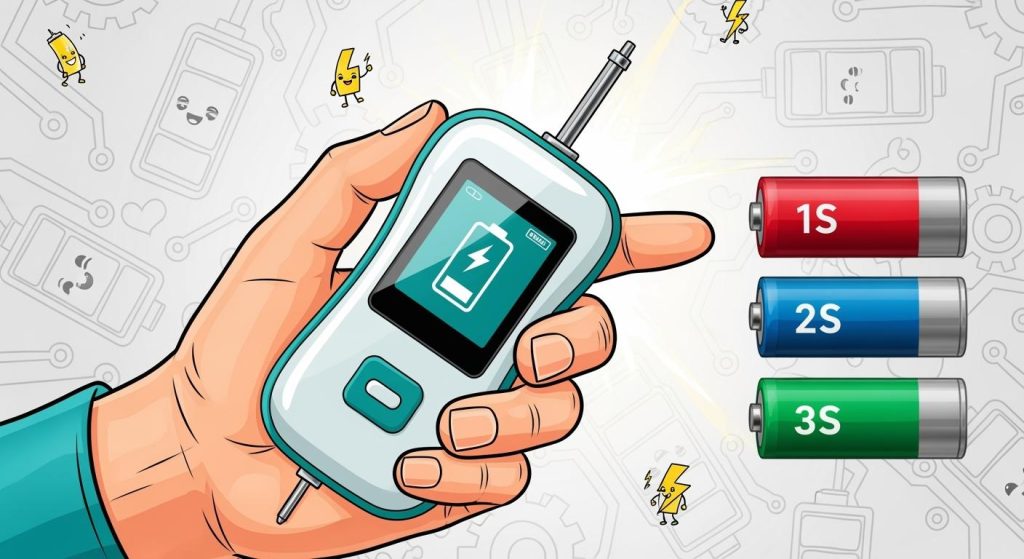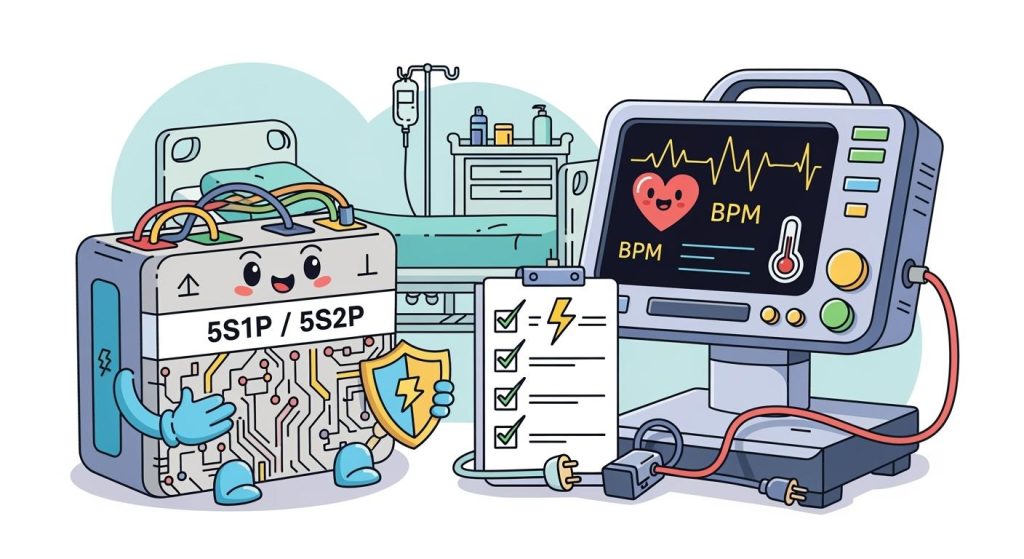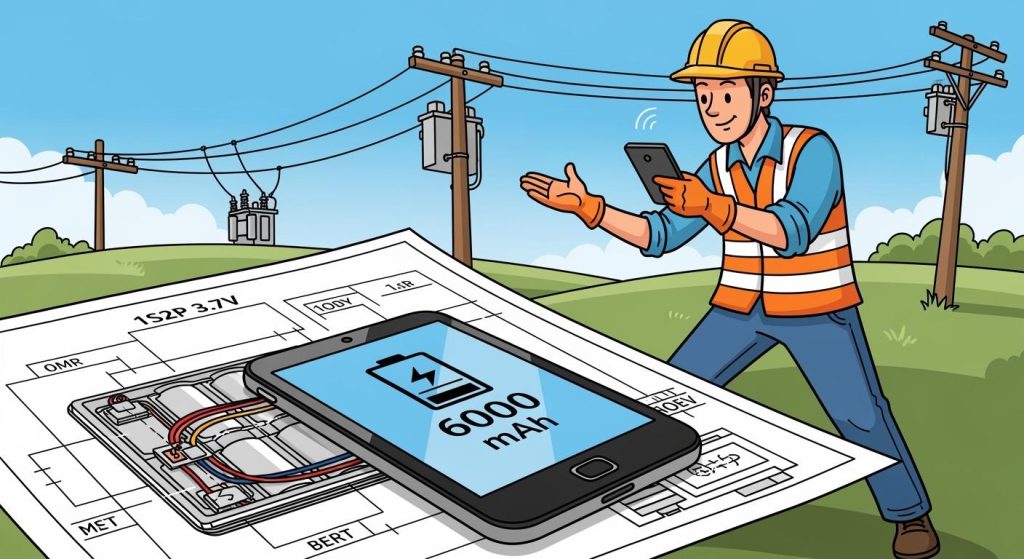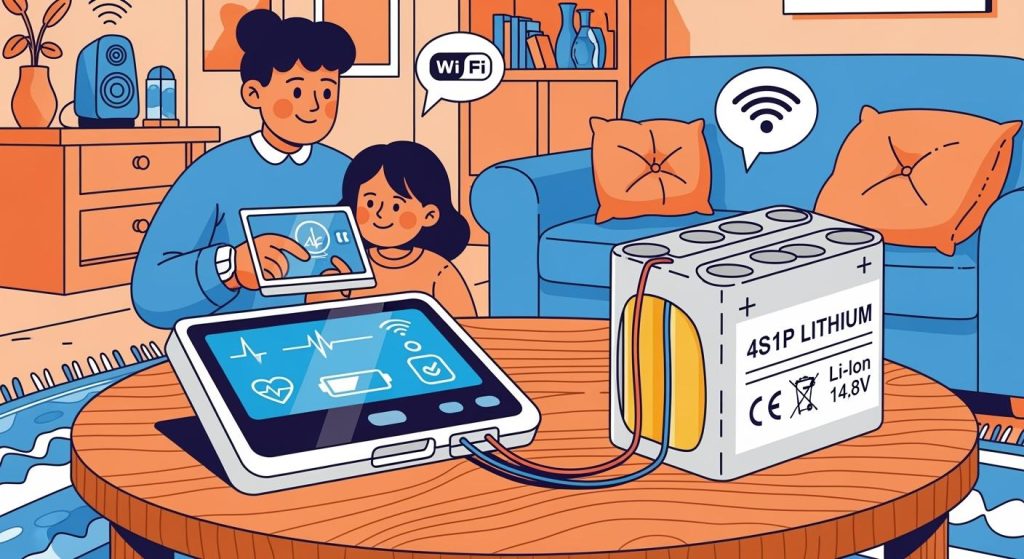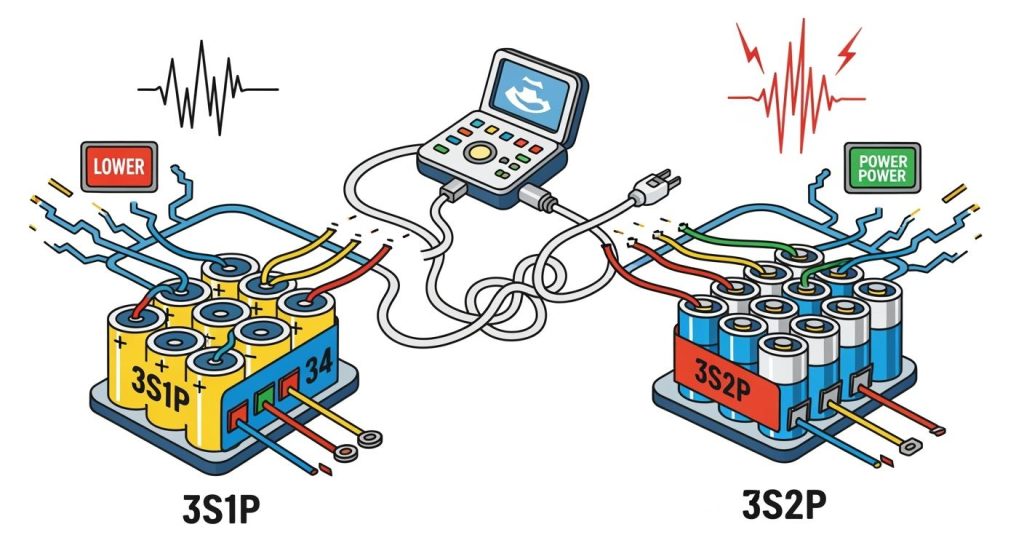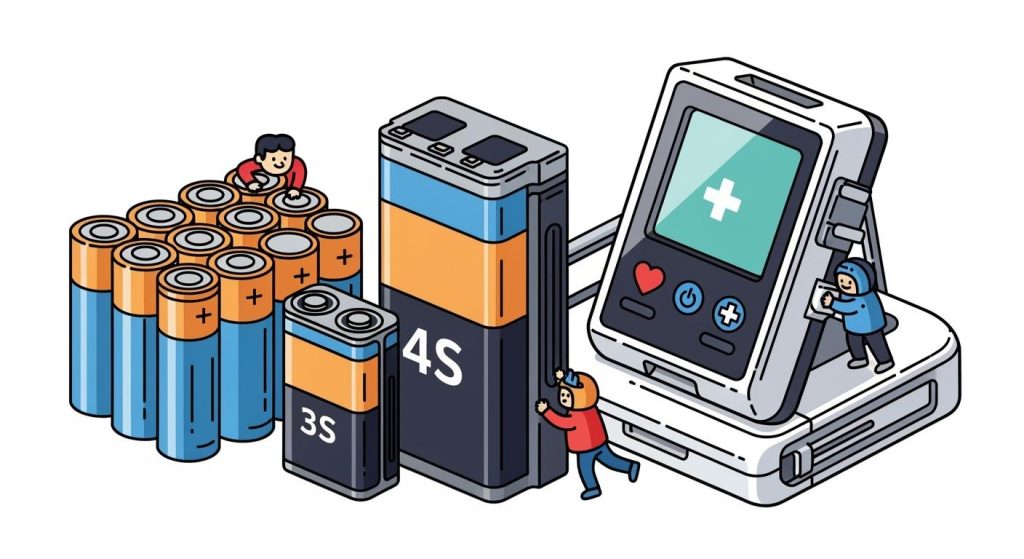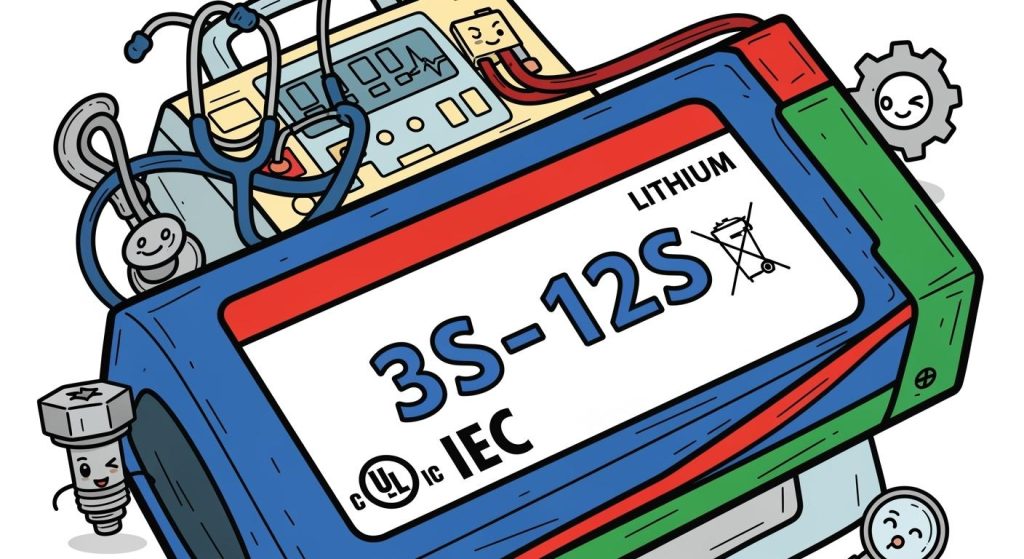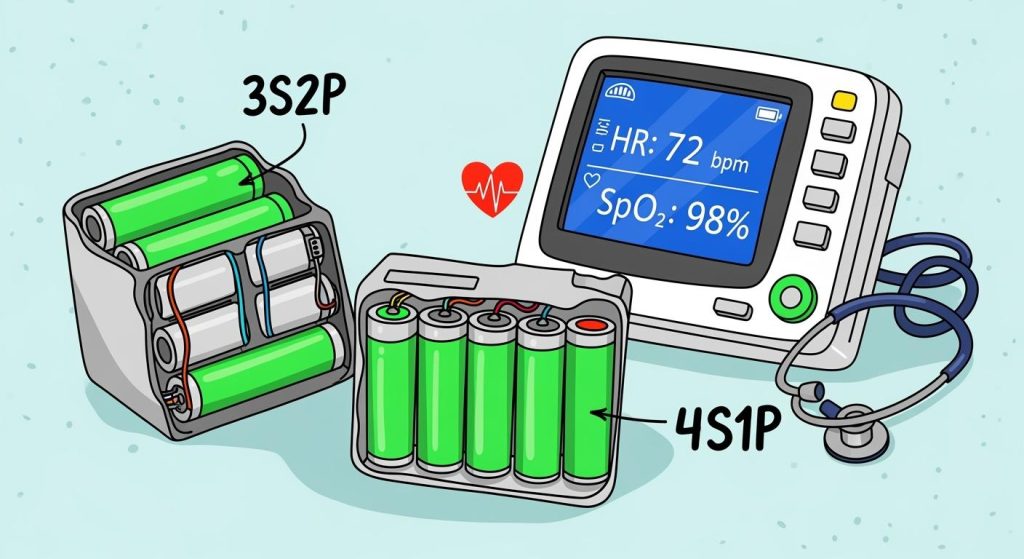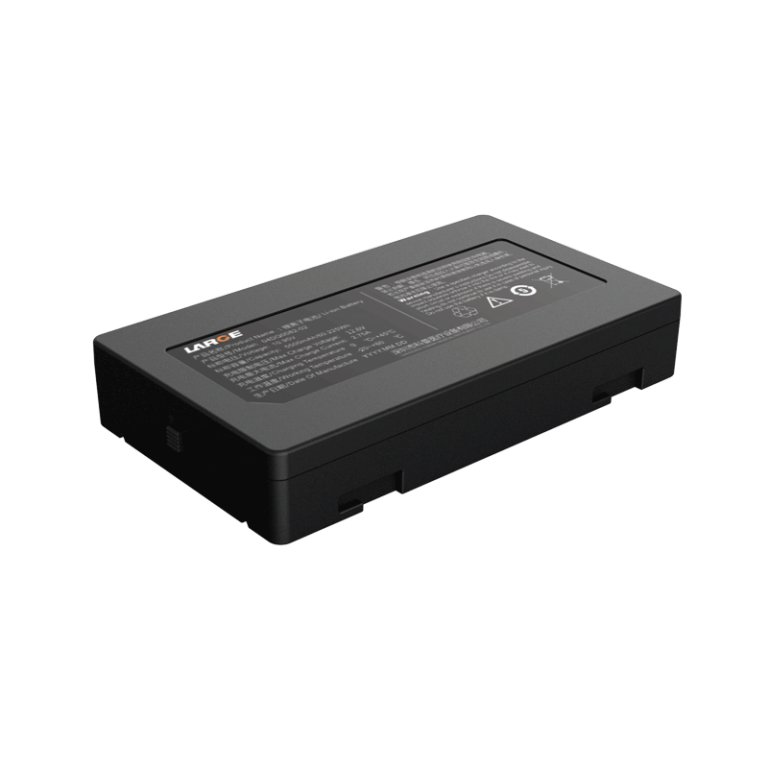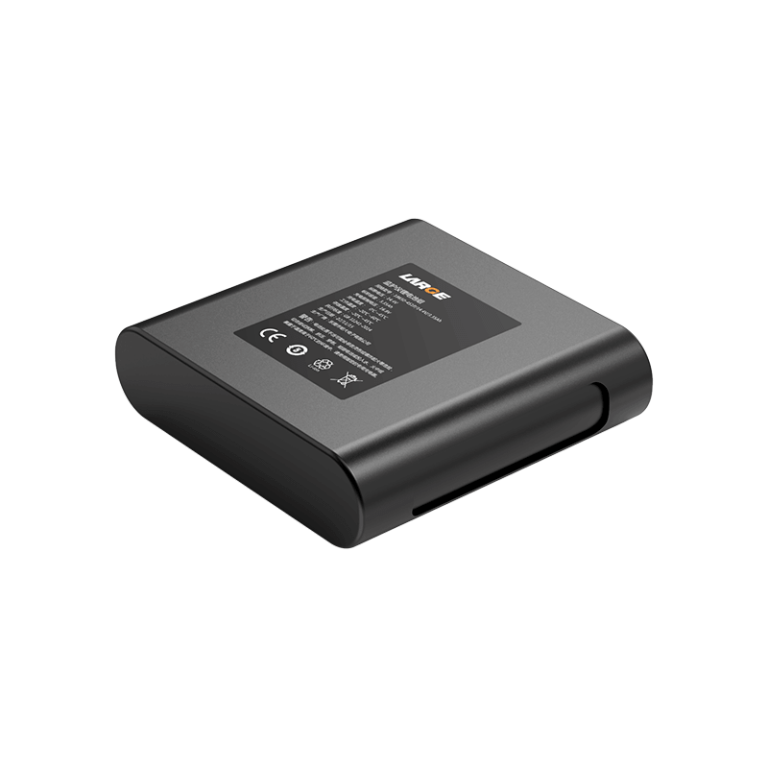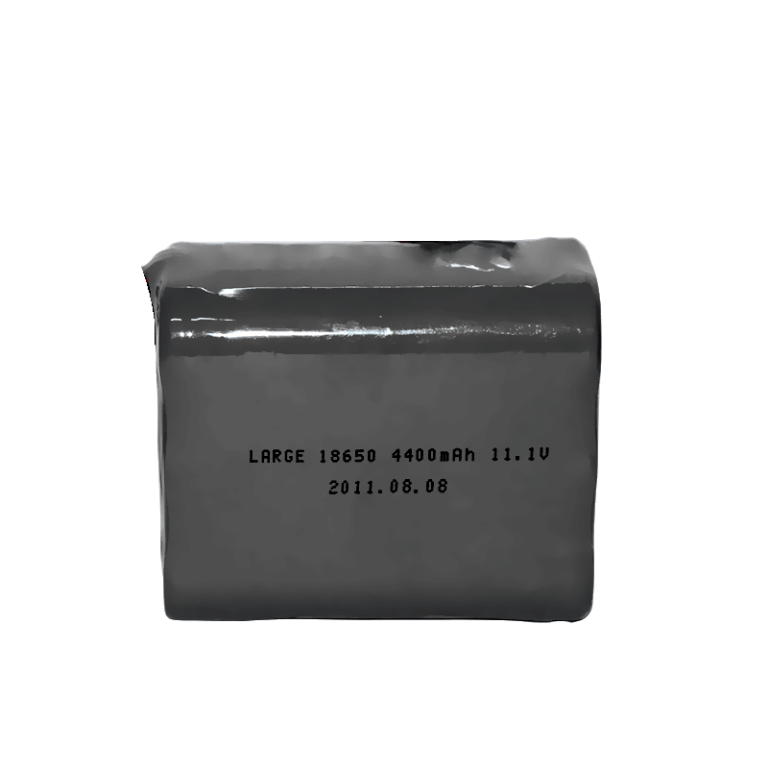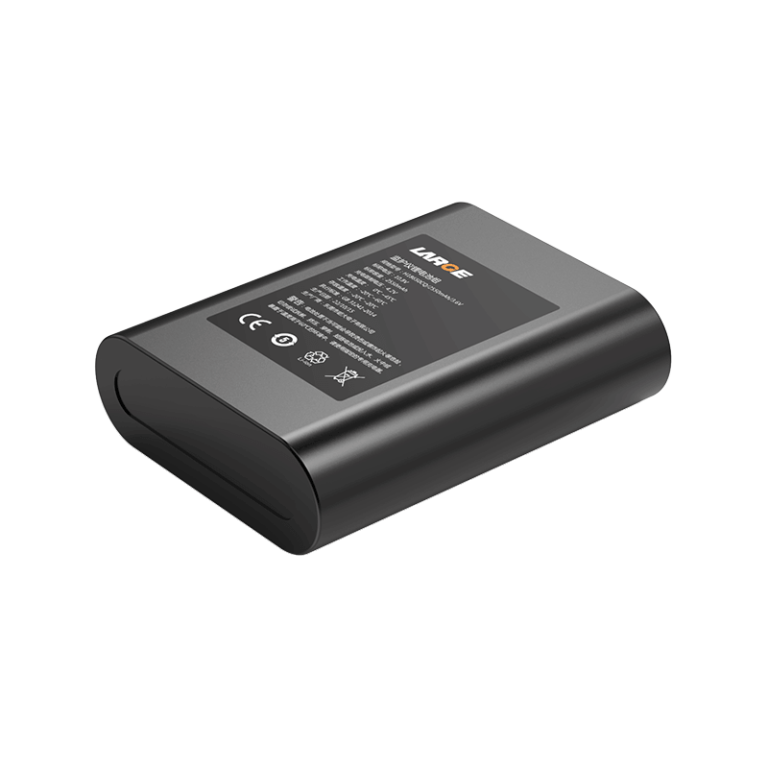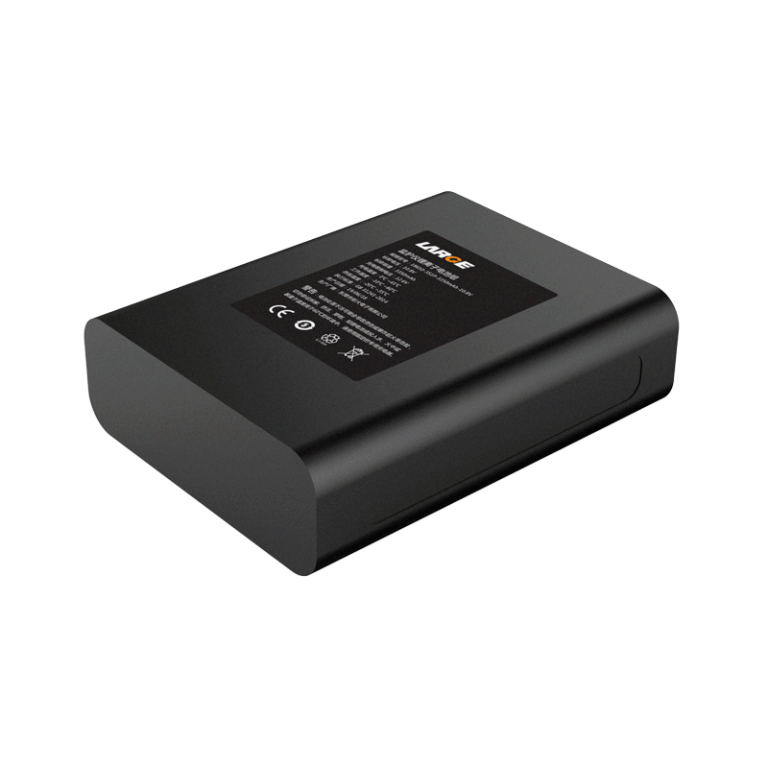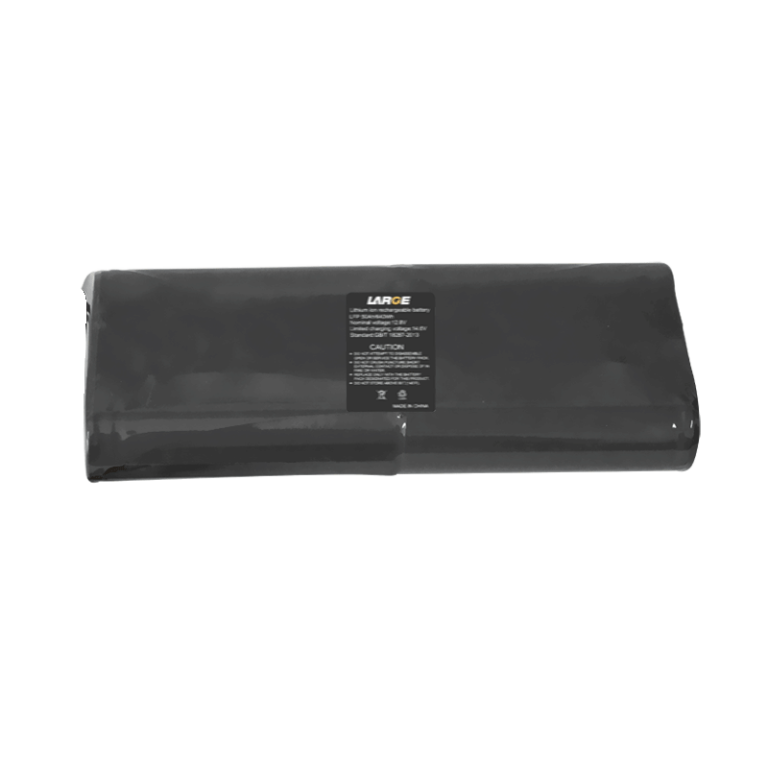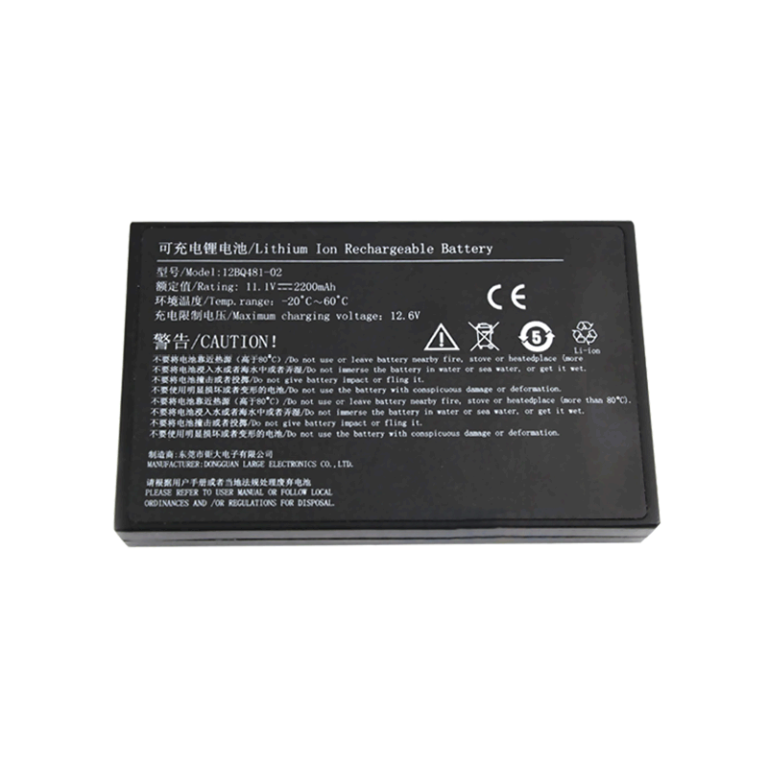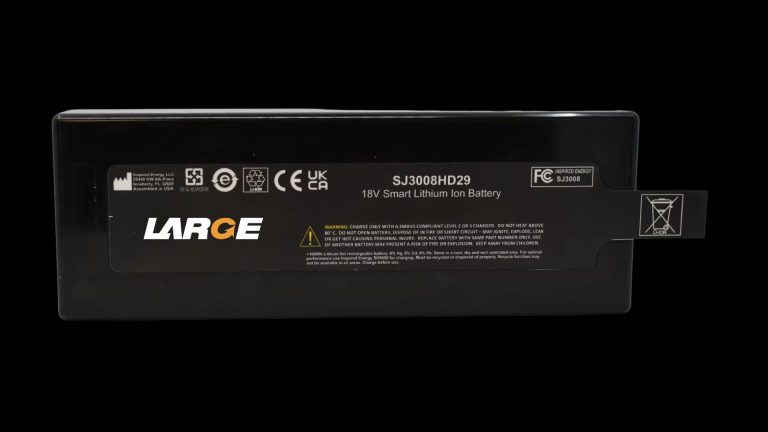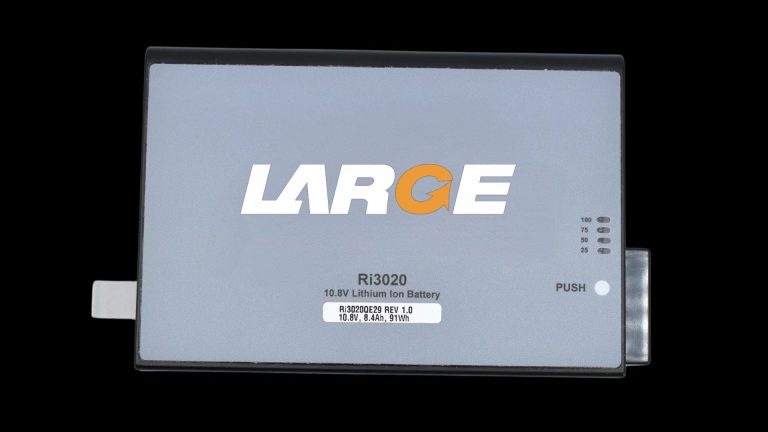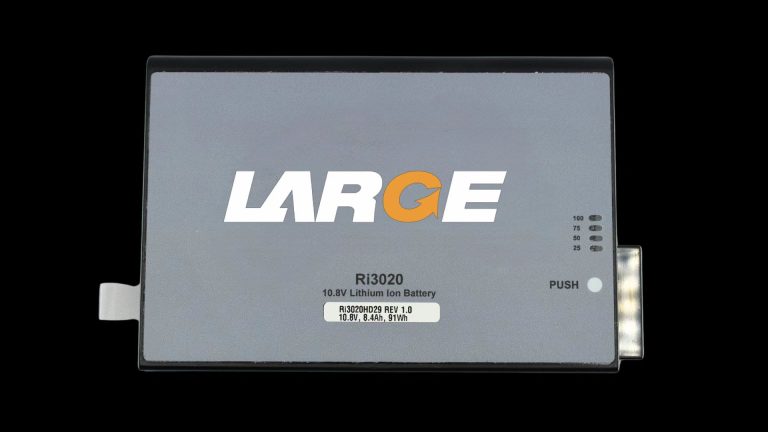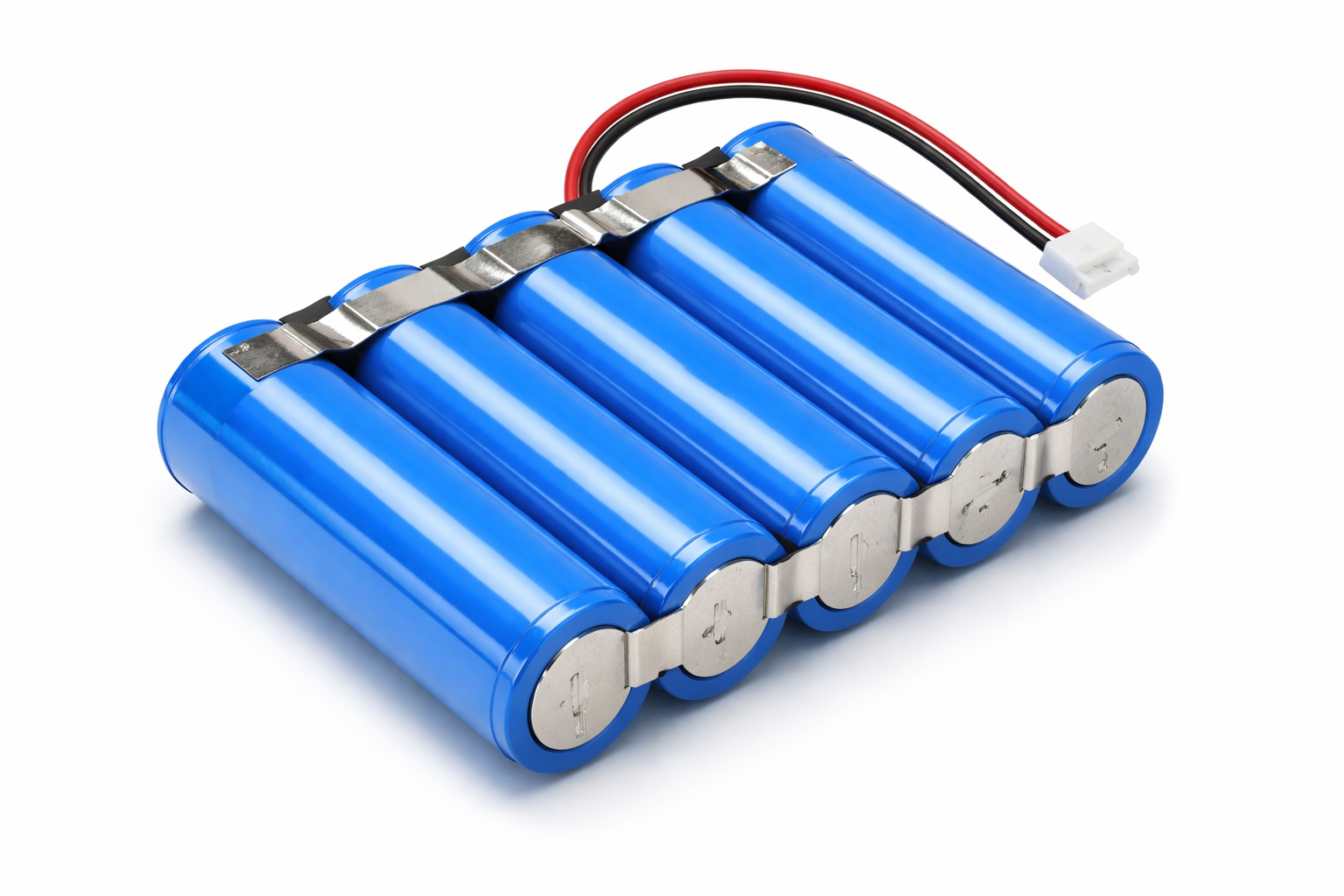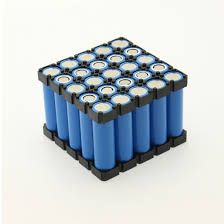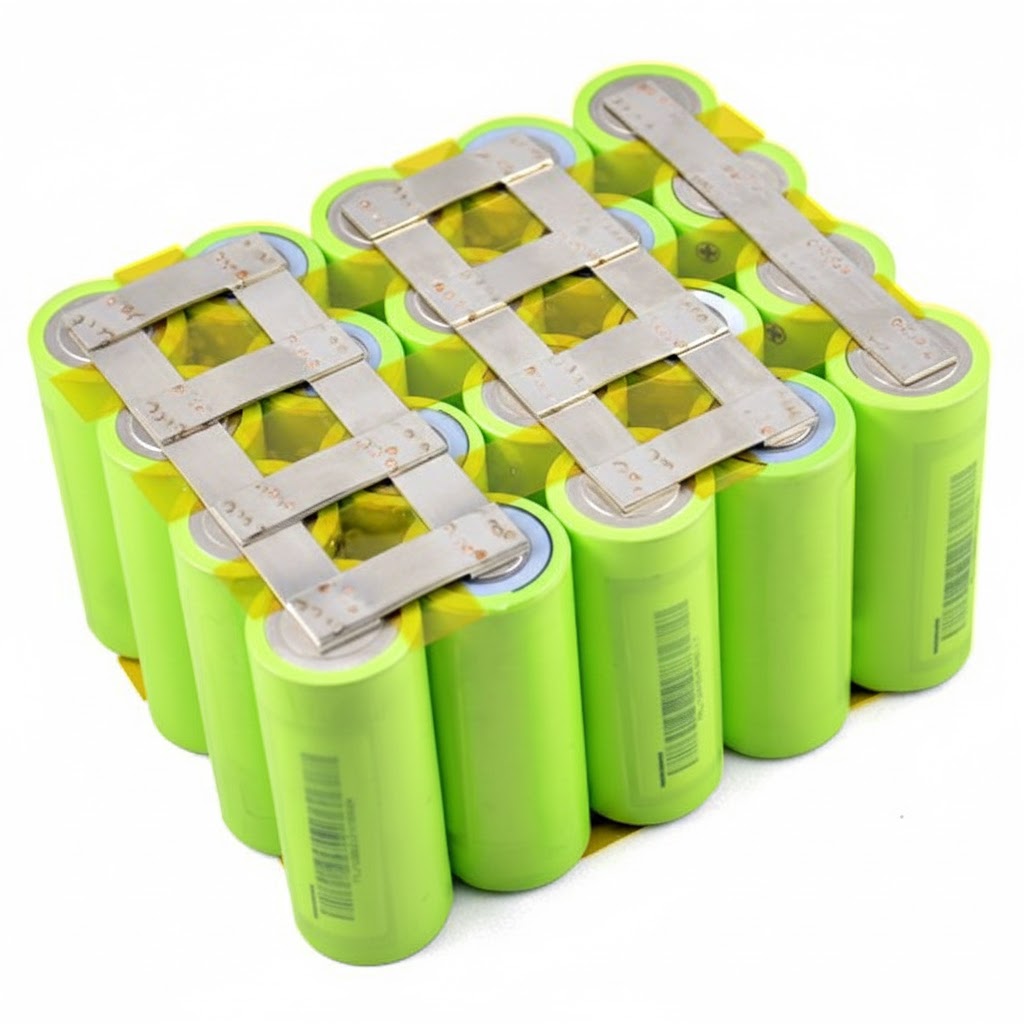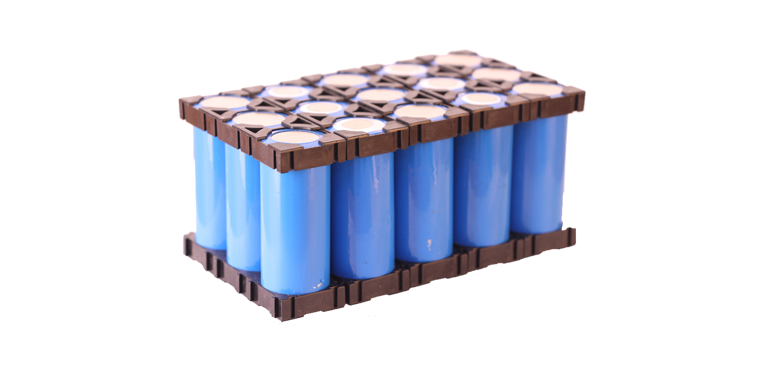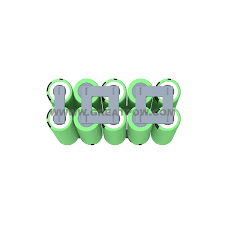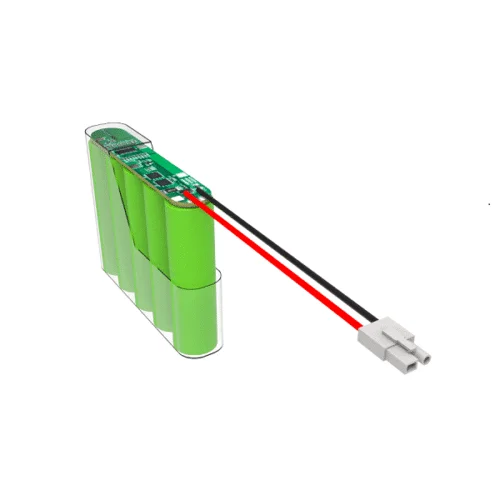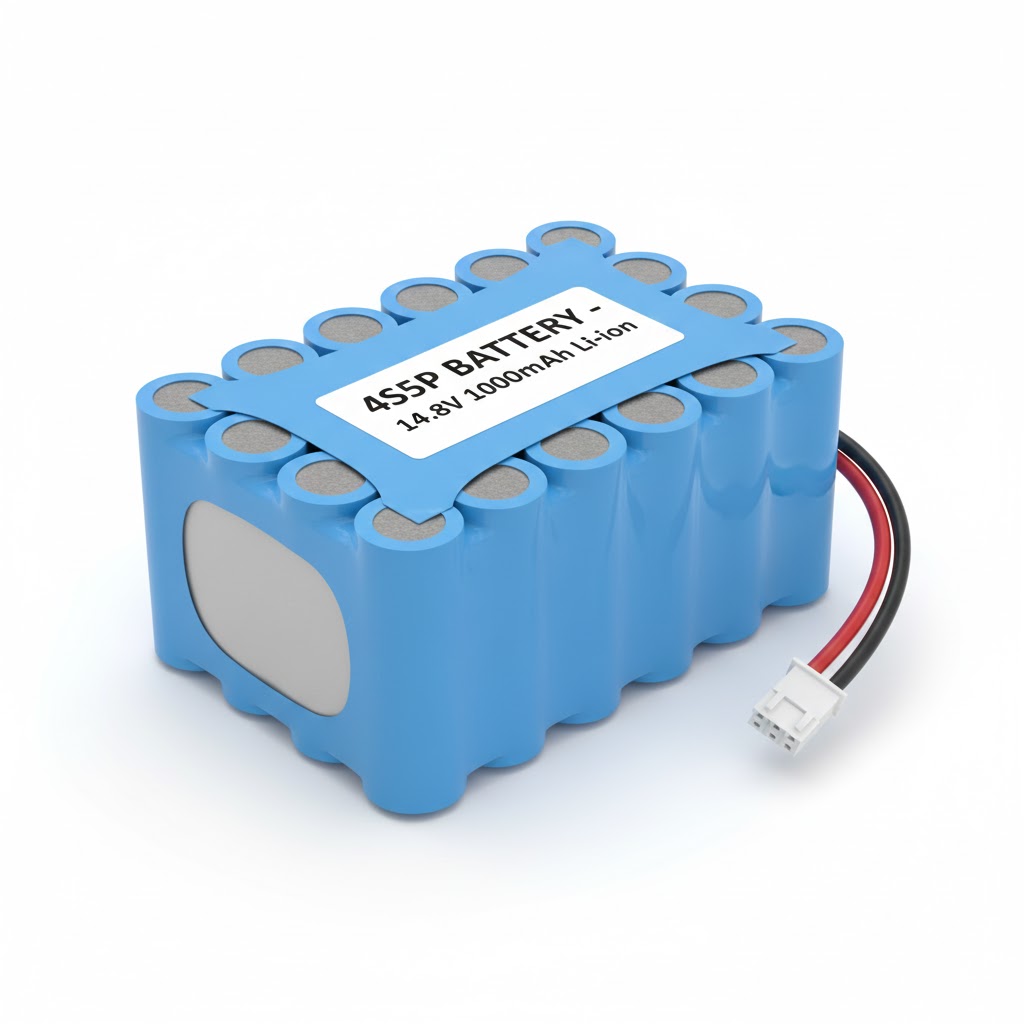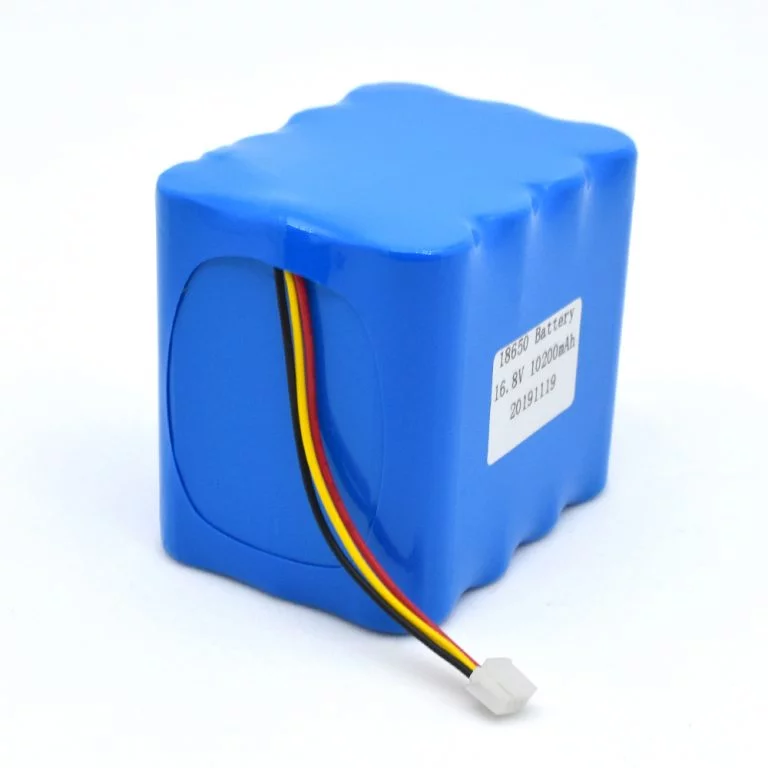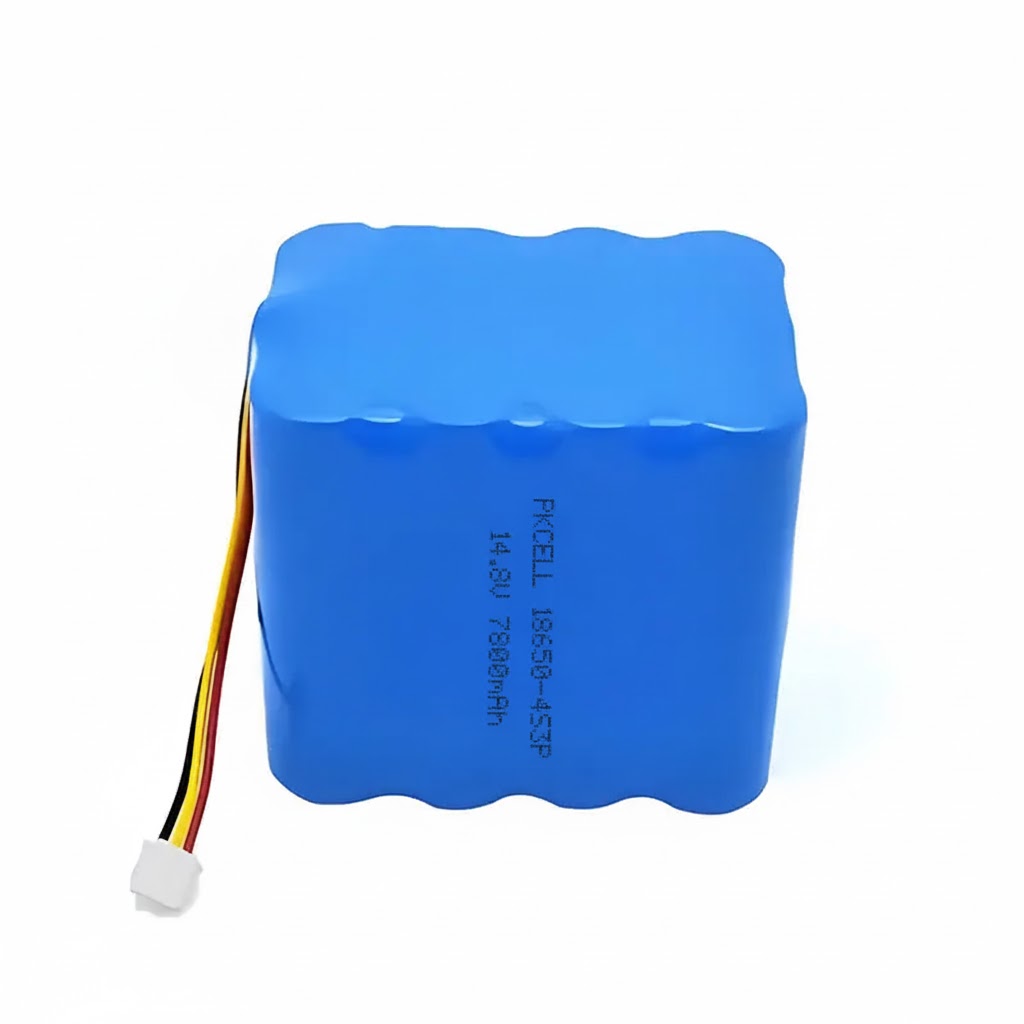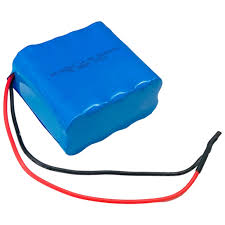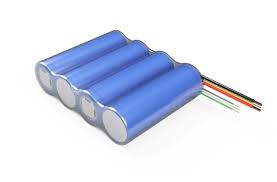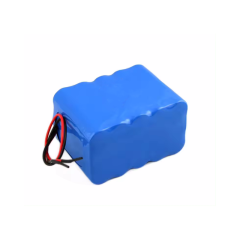Battery Technology Categories
Understanding Battery Technology Classifications
Battery technology has evolved into a diverse landscape, with each category designed to meet specific performance, safety, and application requirements. From traditional lithium-ion systems to next-generation solid-state and smart batteries, the technology behind each type determines critical attributes such as energy density, cycle life, thermal stability, and charging behavior. Understanding these distinctions is essential for selecting the right battery for different industrial, medical, or consumer use cases.
Classifying batteries by technology helps engineers and system designers align cell chemistry with application demands—whether prioritizing high-rate discharge, long lifespan, compact form factor, or environmental resistance. It also supports innovation in custom pack development, compliance with safety standards, and integration with advanced battery management systems. A clear grasp of battery categories enables informed technical decisions and reliable product performance across industries.
Explore Our Core Battery Technology Categories
At Large Battery, we provide a complete portfolio of lithium-based battery technologies tailored for diverse industrial, commercial, and specialized applications. From standardized BBU and UPS backup power to smart BMS-integrated cells, and from traditional lithium-ion to cutting-edge solid-state innovations, our battery solutions are engineered to meet performance, safety, and integration needs across sectors.
Browse the categories below to find the most suitable technology for your project.
Why Large Battery Leads in Battery Technology Innovation
Large Battery is more than a battery supplier—we are a strategic manufacturing partner with deep technical knowledge and strong customization capabilities. Every project starts with understanding your power needs, and ends with a tailored solution that meets global safety standards and operational requirements.
Over the years, we’ve earned the trust of clients across sectors by providing high-performance battery solutions that are safe, reliable, and built to last. Our integrated production process—from cell selection to pack assembly—allows for faster lead times, precise quality control, and full traceability. We maintain in-house testing for UL, CE, UN38.3, RoHS, and IEC62133 standards, ensuring our products are globally compliant and field-ready.
Whether your application calls for long-cycle batteries for energy storage, slim polymer cells for wearables, or smart lithium packs for complex electronics, we offer direct support from engineers and production teams with years of field experience.
As a full-service battery technology manufacturer, Large Power provides expert guidance on selecting the right cell type based on your project’s size, voltage, current, thermal, and lifespan requirements. Whether you need cylindrical cells for rugged tools, pouch cells for compact smart devices, or prismatic cells for scalable power systems, our team delivers OEM/ODM solutions, custom BMS integration, and global certification compliance to ensure safe and efficient power for every application.
Why Classify Batteries by Technology?
Unlock Performance, Safety, and Innovation Through Technological Differentiation
With rapid advancements in energy storage, battery technologies have diversified to meet specialized demands across industries. Categorizing batteries by technology helps users better understand their unique properties, select optimal solutions for their applications, and stay aligned with emerging innovations. Whether you’re seeking high energy density, extreme temperature resilience, or enhanced safety, this classification ensures clarity and precision in your decision-making process.

Clear Understanding of Functional Strengths
Each battery technology—such as lithium-ion, LiFePO₄, Solid-state and Quasi-solid-state Batteries, or polymer—offers distinct advantages in terms of energy density, cycle life, safety, and cost. Technological classification makes it easier to identify the most suitable chemistry for specific scenarios like medical devices, electric vehicles, or backup power systems.

Enhanced Application Targeting and Customization
By grouping batteries by technology, users can align product selection with specific environmental, regulatory, or performance constraints. For example, explosion-proof or low-temperature batteries serve critical roles in extreme or hazardous conditions, enabling more effective customization and reliability.

Faster Innovation Adoption
Staying aware of technology categories—such as smart lithium batteries or quasi-solid-state designs—helps users and engineers incorporate the latest advancements into their systems. This fosters early adoption of cutting-edge solutions with improved safety, intelligence, and efficiency.

Structured Comparison for Informed Decisions
Technology-based categories create a structured framework for comparing performance metrics like energy density, charge rate, temperature tolerance, and lifecycle. This reduces uncertainty and supports rational, data-driven product decisions across consumer, industrial, and enterprise applications.
Battery Technology Categories Applications
Our comprehensive Battery Technology Categories are designed to meet the evolving power needs of diverse industrial sectors. Whether you’re developing high-performance electronics, managing energy infrastructure, or building next-generation mobility solutions, our wide range of battery technologies—from lithium-ion and LiFePO4 to solid-state and smart battery systems—are optimized for stability, safety, and scalability in commercial and industrial settings.
Explore Battery Technology Categories for Diverse Industrial Applications
Looking for efficient power solutions without long lead times? Our Battery Technology Categories cover a wide range of advanced chemistries and cell types, designed to meet the evolving needs of various industries.
As a professional battery manufacturer, we ensure reliable supply, competitive pricing, and expert technical support. Whether you need samples for evaluation or bulk procurement for mass production, we are ready to support your business.
Submit your application requirements now, and our team will match you with the right battery solution efficiently.
Battery Technology Categories – Frequently Asked Questions
What are the key performance differences between lithium-ion, LiFePO₄, polymer, and other battery types?
Each lithium battery type has distinct performance characteristics:
-
Lithium-ion batteries offer high energy density, ideal for compact consumer and medical devices.
-
LiFePO₄ batteries (Lithium Iron Phosphate) provide excellent thermal stability and long cycle life, suitable for energy storage and electric drive systems.
-
Lithium polymer batteries allow ultra-thin, lightweight customization, commonly used in wearables and UAVs.
-
Power batteries are optimized for high-current continuous output in EVs or industrial tools.
We provide detailed technical comparisons to support product selection.
How can I determine which battery technology is best suited for my application?
We recommend evaluating based on the following criteria:
-
Required output voltage and current
-
Space and weight constraints
-
Operating temperature range
-
Expected lifecycle and durability
-
Safety and certification needs
-
Smart features or communication interface (e.g., BMS, CAN, SMBus)
Our technical team can assist with tailored selection support based on application-specific requirements.
Do you support custom battery solutions (size, voltage, connectors, BMS features)?
Yes, we offer full customization services, including:
-
Cell selection and pack configuration
-
Housing design and mechanical integration
-
Communication protocol support (I²C, SMBus, RS485, CAN, etc.)
-
BMS features (protection, SOC/SOH estimation, smart control)
-
Waterproofing and ruggedization (e.g., IP65/IP67)
We specialize in high-reliability custom batteries for industrial, medical, energy, and military-grade applications.
What is a smart lithium battery, and when should I use one?
A smart lithium battery integrates an onboard Battery Management System (BMS) for:
-
Real-time monitoring of voltage, current, temperature, SOC/SOH
-
Intelligent alerts and protection features
-
Communication with host devices via CAN, SMBus, or custom protocols
These batteries are ideal for medical devices, portable industrial equipment, intelligent systems, and any application requiring enhanced safety and diagnostics.
Are semi-solid-state batteries commercially available? What are their advantages?
We offer semi-solid-state battery solutions that enhance energy density and safety while maintaining compatibility with current manufacturing processes. Compared with conventional liquid electrolyte batteries, they offer:
-
Lower risk of thermal runaway or fire
-
Improved cycle life
-
Higher safety margins in demanding environments
They are particularly suitable for premium energy storage, aerospace, and high-reliability electronics.
Can you support certification requirements such as UN38.3, IEC62133, UL, or CE?
Yes, we provide technical support and compliance documentation for a wide range of certifications, including:
-
Safety: UN38.3, IEC62133, UL2054, UL1642
-
EMC: CE, FCC
-
Industry-specific: ISO13485 (Medical), customized certifications for power tools, mobility devices, etc.
We also offer export-ready solutions compliant with international regulations (US, EU, Japan, Middle East, etc.).
Do you support small-batch prototyping? What is the lead time?
Yes, we support:
-
Rapid prototyping: typically 5–10 working days
-
Low-volume pilot runs: with flexible minimum order quantities
-
Fast delivery of standard models: often in stock or ready to ship within 3–7 days
Custom projects typically require 15–25 working days depending on complexity. Our agile engineering ensures short development cycles and quick time-to-market.
Related News
